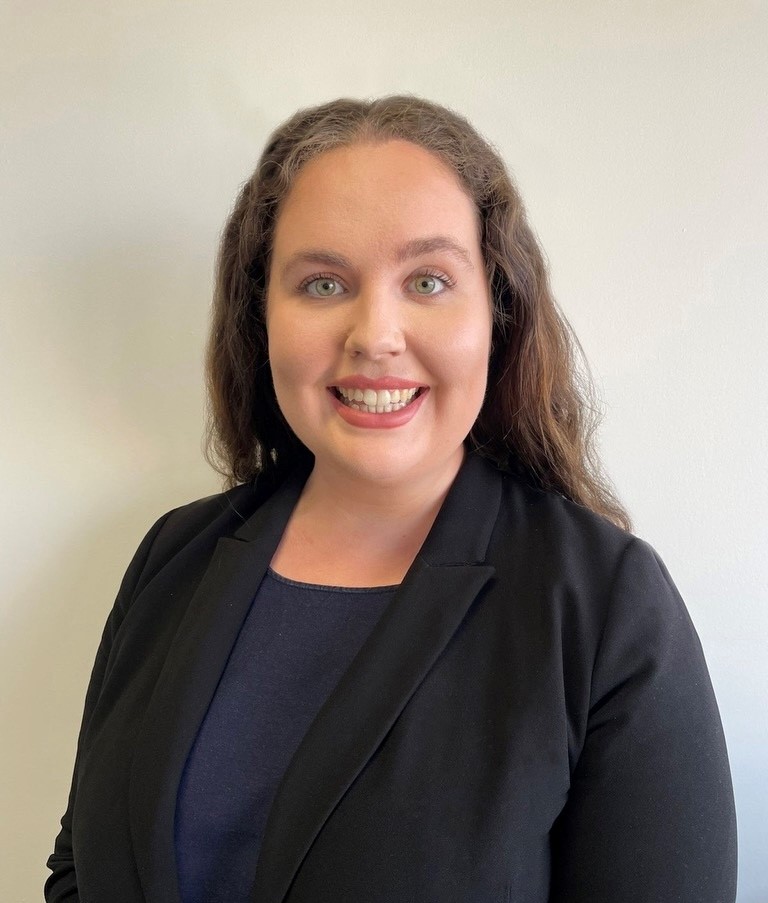Extensive changes to Independent Children’s Lawyers in May 2024 – Part 2
4-June-2024 Family Law By Angelika TurnerWelcome to Part 2 of our series relating to the recent Family Law Amendments. In Part 1, we discussed how the Court considers what is in the best interests of the child and how the presumption of equal shared parental responsibility has changed.
In this Part, we will discuss the roles of Independent Children’s Lawyers and what amendments have been made to Case Management in the Family Law Act 1975 (Cth) (“Act”).
Independent Children’s Lawyer (ICL) – Amendments to Provisions
1. Unless an exception applies, there is a requirement for the ICL to meet with a child/ren involved and provide them with an opportunity to express a view.
This meeting assists the Court in determining what is in a child’s best interests and will assist a child/children who are participating in family law proceedings, while simultaneously safeguarding their safety and wellbeing, in accordance with the United Nations Convention on the Rights of the Child.
Exceptions under s 68LA(5B) include:
- If a child is under 5 years of age;
- If a child has expressed that they do not want to meet with an ICL or express their view;
- Exceptional circumstances that justify not performing the duty, including circumstances which would expose the child to a risk of physical or psychological harm. The Court must be satisfied that the duty was not performed because of these exceptional circumstances.
It is helpful to note the following:
a) An ICL cannot require a child to express a view.
b) An ICL has discretion in relation to when, how often and how meetings with the child take place. They also have discretion over how often a child is provided with an opportunity to express views.
c) An ICL may seek external evidence to support their decisions, such as from a relevant expert in the case, treating practitioner or a family consultant.
2. In matters brought under the Hague Convention, the new amendments have removed the requirement that ICLs are only appointed in exceptional circumstances.
Previously, judges were only permitted to appoint ICLs in exceptional circumstances for cases brought under the Hague Convention. However, the new amendments mean:
- That this authority has been removed;
- That the Court’s consideration (of whether an ICL is appointed) applies to proceedings where a child’s best interests are paramount, or a relevant consideration.
- That ICL’s will now be appointed under the same circumstances as other family law matters.
Case Management in Family Law Proceedings
In cases where there are reasonable grounds to believe that further proceedings would be harmful to a respondent, the Court now has the power to make what is called a ‘harmful proceedings orders.’
Examples of harm include: major mental distress: financial harm; psychological harm or oppression; or behaviour which has a detrimental effect on the other party’s capacity to care for a child/children.
These types of orders prevent a vexatious litigant from filing and serving new applications, without first seeking leave from the Court to do so.
In addition, the ‘overarching purpose of family law practice and procedure’ has been extended to include all applications instituted under the Act. The overarching purpose of the family law practice and procedure is to facilitate the just resolution of disputes in a way that:
- ensures the safety of children and families;
- promotes the best interests of the child;
- is in accordance with the law; and
- is efficient, quick and inexpensive.
If you have a parenting dispute and want to know whether an ICL should be appointed, or if you want to consider your options in relation to family law more broadly, contact our family law team today on (02) 8107 0105. We look forward to assisting you to reach a resolution in relation to your family law dispute, in light of the new amendments.
Need help with resolving or preventing a dispute?
Request a call with one of our experienced solicitors now!



